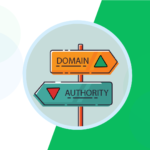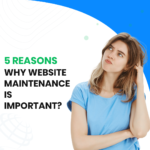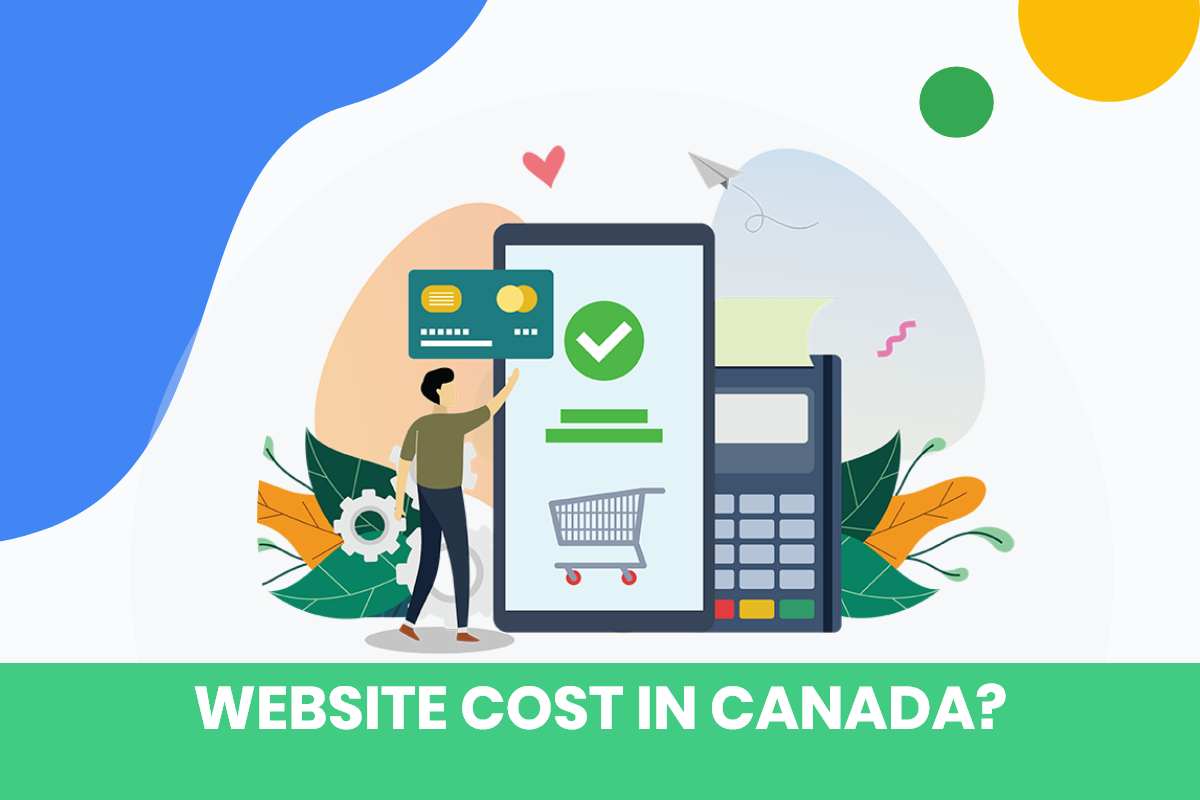Today, it’s imperative for every business, big or small, to build and maintain a professional-looking website. How much does it cost to make a website? Well, the answer isn’t as simple as it seems; it all boils down to how much work is involved and what features you require.
There are two reasons why it is difficult to answer this question in a straightforward way:
- Websites vary a lot in terms of their design and functionality. The type of site you’re after makes a big difference.
- The rate varies from agency to agency. A Canada-based company will charge you very differently than an offshore provider. But even in Canada, pricing can vary greatly.
The main factors that determine how much your website will cost are the size of your website and the complexity it entails. As you can imagine, a professional 10-page business website with standard features and customization will cost you less than a more customized 25-page website with more features & functionality. If you aren’t very familiar with the web design industry, the pricing can appear very confusing.
If you focus just on low prices, cheap website builders or freelancers may seem like a good choice to design your website because they charge less. But cheap website designs have many drawbacks. That’s why most business owners choose a professional web design agency to design their websites.
This step-by-step guide can provide you with a ballpark figure of how much your website design project will cost if you hire an agency.
Step 1: Determining the type of website you need
Simply stated, we can classify a business website into three types:
(a) Informational Websites
An informational or brochure website is the most common type of business website. A smaller business will need about 6 to 12 pages where a medium-sized business with multiple departments will need 24 or more pages.
(b) Feature-Rich Websites
Similar in structure to the informational websites mentioned above, these websites include special functionality and/or additional content pages. If you run a large business, you may want to stand out from the crowd with a custom design and site-specific features. Your site may need to incorporate specially-made plugins, enterprise-level database integration, or an innovative web app, depending on your business.
(c) Ecommerce Website
A website where customers can browse and purchase products; integration of a payment gateway is necessary, as is imagery, copy-writing, a CMS, and beta testing. For an e-commerce site, here are a few of the variables that will affect the total price of the site you intend to build:
- How many products/services and the type of product/service you want to sell?
- Shopping cart solution (custom versus third-party software)?
- SSL Certificate provider and security level?
- Choice of hosting provider and the configuration of the hosting service
Of course, this is not a rigid classification. But having read this, you can get a sense of the kind of website your business requires.
Step 2: Choosing a domain name
Your domain name is your website’s address on the internet, like Google.com. It’s what your customers type into their browsers to access your website. The price of a domain varies a lot. Usually, it will cost you between $10 to $50. Plus, you have to renew your domain subscription every year.
You should have an SSL (Secure Socket Layer) certificate installed after getting your domain and setting up your site. If you are an ecommerce site or your website deals with a lot of sensitive information like credit card information, usernames, and passwords, then SSL is a must. SSL certificates are issued by certification authorities (CA’s) and range from $10 a month to as high as $1000 a month.
Step 3: Choosing a web host
Purchasing a domain name is likened to acquiring land: you’ll have an address, but you’ll need something there to contain all your stuff. In this example, web hosting is your land, and web content is your “stuff”. Website hosting costs can be around $20 per month for standard websites and much more if you’re hosting large or complex sites or web applications.
The ideal price and package will depend on the type of site you want, how many daily visitors you have, your storage requirements, and various other factors. Some key factors to consider are security, performance, support (including the availability of phone support), and maintenance service.
Many web hosts offer monthly and annual plans. The cheaper rate is obtained by paying for a yearly hosting plan.
Step 4: Choosing a CMS or custom development
A CMS, or content management system, is what you use to display text, pictures, videos, articles, etc., on your website. While a CMS isn’t mandatory, having one will save you time, and make your website much more efficient. Depending on the CMS you choose, you could be looking at thousands of dollars for a customized one, or pay nothing using popular ones like WordPress. How often you’ll pay for it: Enterprise CMS systems that charge fees are usually billed annually. WordPress is free of charge.
In the web design industry, there are many different options and technologies available, many of which do the same thing and solve the same kind of problems. It all comes down to your specific requirements as to which is the most appropriate. Your web development agency should find the best solution that balances your requirements and budget.
Step 5: Copywriting and SEO service
SEO is no longer optional. In fact, it is mandatory, especially if you’re running a commercial website. SEO is a series of tasks that ultimately determine where your website ranks on search engines for a particular keyword. The idea is that your website should be the one people see high above others if a search for your specialty is queried.
You might want professional writers to create the initial page content for you, which should be SEO-optimised. The cost of copywriting depends on many different factors. Your SEO package may include some copywriting, as the content is very important for your rank in Google.
Regardless of the size or industry of your business, having a strong online presence is going to benefit you. So SEO is certainly worth looking into as soon as your website is up and running. SEO services are ongoing in nature and can cost you from $300 to $10,000 monthly, often being packaged with other marketing and website design services.
Step 6: Ongoing maintenance
Even after your agency finishes developing your website and hands the key over to you, the process isn’t over. Any modern site will require maintenance to keep it relevant and technologically up to date.
Unless your site is really simple or you have a certain level of technical know-how, you may need to allocate a monthly maintenance budget for your website. Regular maintenance will cost you from as little as $50 to as much as $200 per month, depending on what changes are required.
Final web design cost
Now you know what you should be considering to help you determine the budget of your web design project. Finally, here is a rough estimate of the total cost based on the type of site:
- Informational website for small business: Around $4,000
- Feature-Rich website: $4,000 to $8,000
- Ecommerce site: $6000 to $15,000
Again, these figures can vary greatly, so take these estimates with a grain of salt!
Every website project and process is different. Hopefully, this article will help you understand what investment is required to build an effective business website that fits your needs.
The marketing websites we develop use WordPress CMS which is a flexible enterprise-level framework. We have chosen this platform because it is user-friendly enough to build starter websites and powerful enough to scale with your business as it grows to any size. We use WooCommerce for basic e-commerce websites because it is the world’s most customizable e-commerce platform. We use Shopify and Magento for bigger e-commerce websites.
We can help you carry out each item discussed in this article. If you are interested in working together, call or send us an email so we can talk about what that would look like.






